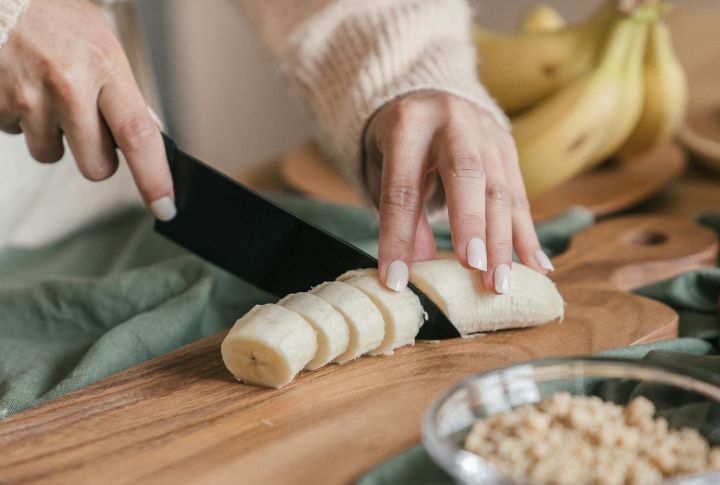
Too tired? Muscle cramping? Feeling off and can’t explain why? Low potassium could be the culprit, and it’s more common than you think. But we have good news. You just need to know what foods are rich in potassium; this list helps with that. Plus, it doesn’t take fancy supplements or diet overhauls. Just keep on reading to find out which foods are the right.
Sweet Potatoes
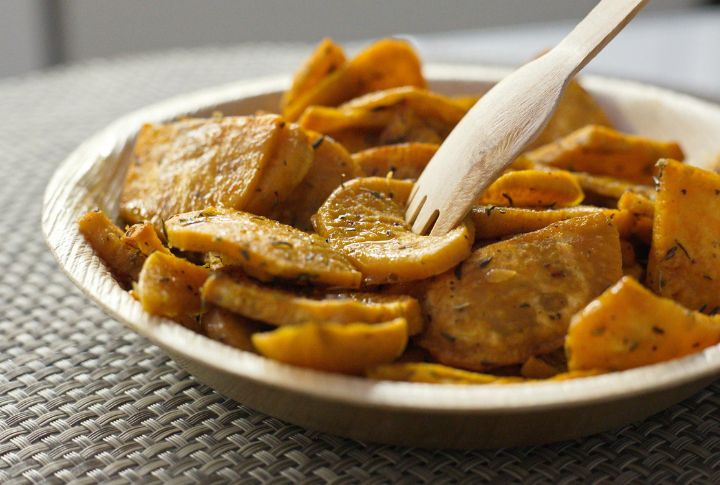
Soft and surprisingly powerful, sweet potatoes pack over 500 mg of potassium to keep your muscles and nerves in top form. Roast them, mash them, or mix them into a grain bowl. However you cook them, your body will appreciate the boost.
White Beans
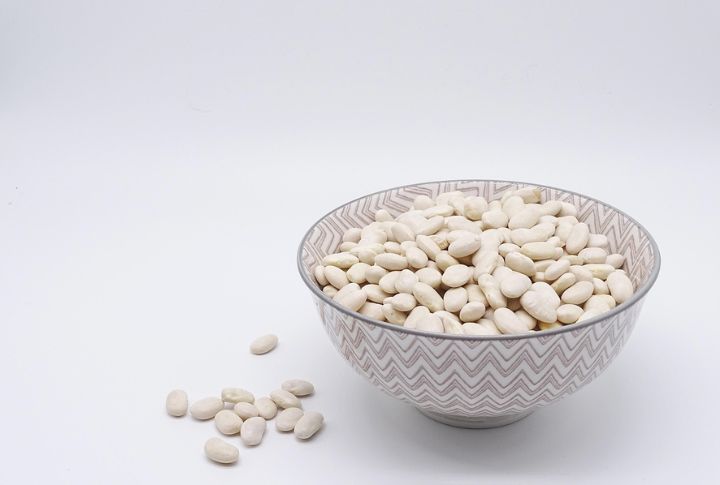
White beans have more potassium than a banana, plus plenty of protein and fiber. If you’ve ever done a double take while reading a nutrition label, now you know why they deserve a spot on your plate.
Avocados
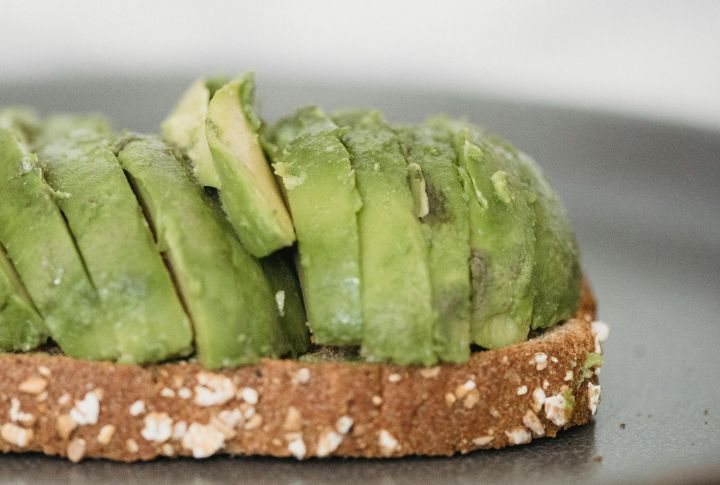
Avocados bring more than just a rich, creamy texture to the table. Packed with potassium, they help steady your heartbeat and muscles without you lifting a finger. Spread a layer on toast or blend it into a smoothie.
Spinach
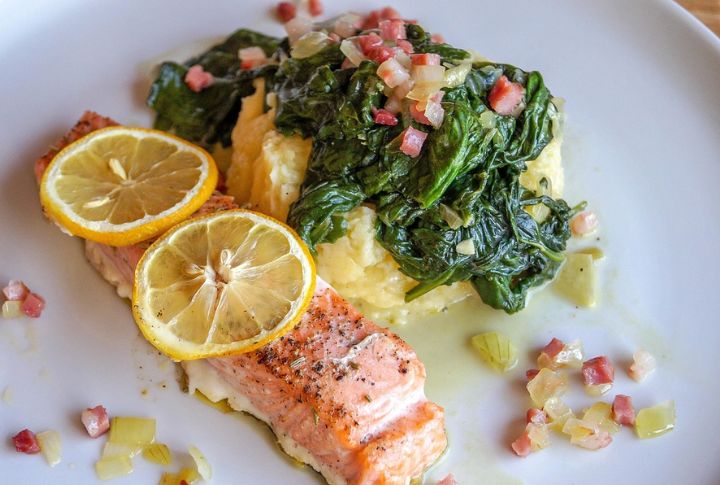
Small but mighty, this leafy green proves Popeye was onto something. One cup of cooked spinach might not take up much space on your plate, but it’s filled with over 500 mg of potassium, making it a nutrient powerhouse.
Watermelon
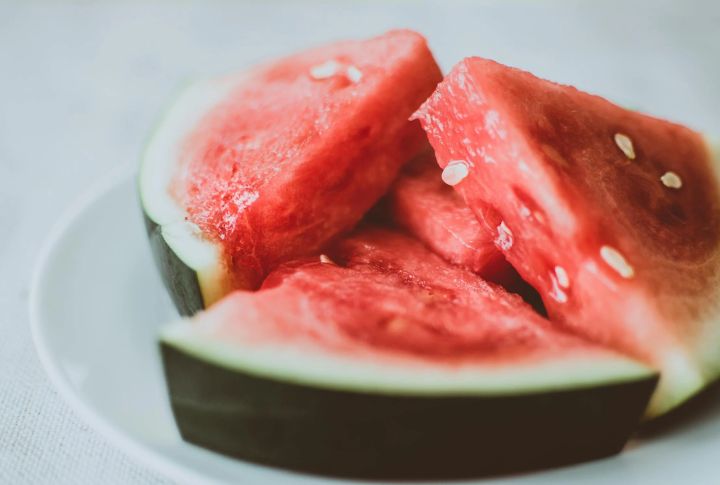
Biting into a cold slice of watermelon feels like summer, but it’s more than just a juicy treat. Two cups deliver around 340 mg of potassium to keep your electrolytes in check during hot days or workouts. It’s light and way better than a sports drink.
Edamame
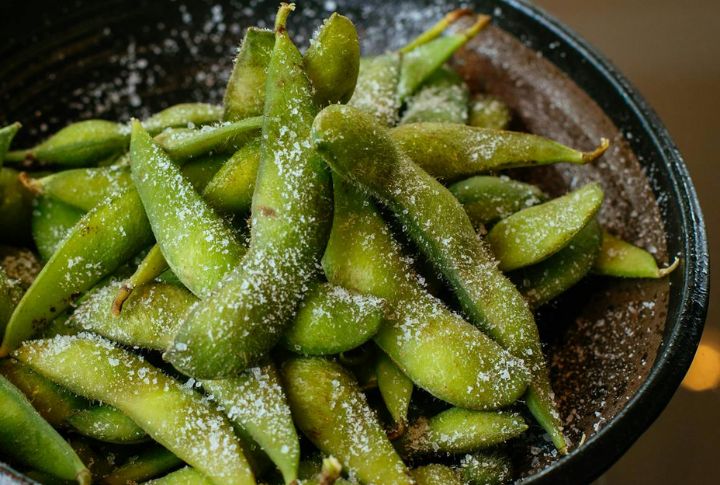
More than 600 mg of potassium in one cooked cup? Edamame makes it look incredibly easy. These little green pods don’t just taste good; they’re packed with fiber, plant-based protein, and serious nutritional benefits.
Beets
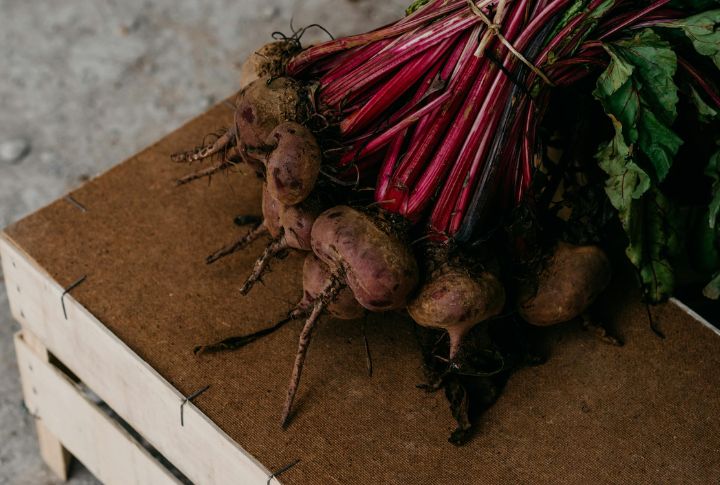
Beets are bold in flavor, bold in color, and bold in benefits. They’ll stain your fingers, but with over 400 mg of potassium per cup and nitrates that may support blood pressure, they earn their place. Roast them for salads or mix them into a berry smoothie for a nutritious twist.
Black Beans
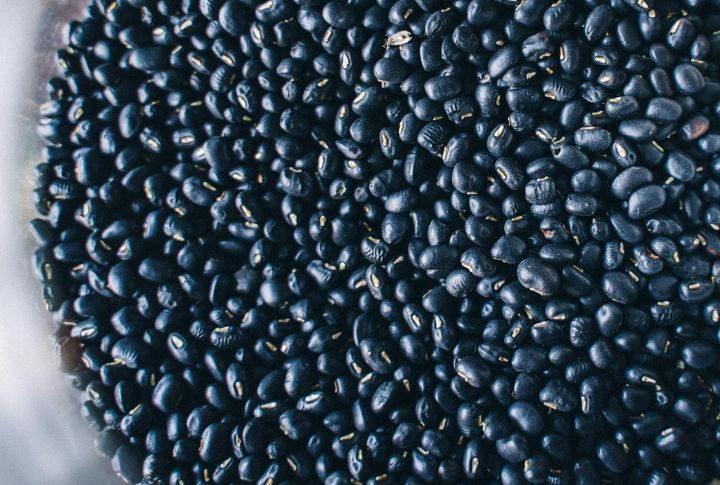
Black beans keep it simple and still deliver big. One cup has over 600 mg of potassium, plus fiber and iron for heart health. Throw them into tacos, chili, or rice bowls. They don’t ask for attention, but they always pull their weight.
Butternut Squash
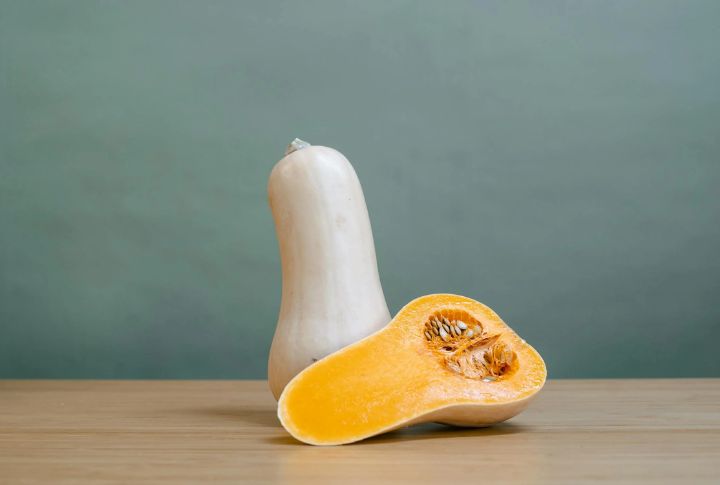
Butternut squash is like a warm hug on a plate. With over 500 mg of potassium per serving, it’s a sweet, nutrient-rich choice that warms you up and fuels your body during the colder months.
Swiss Chard

With nearly 1,000 mg of potassium per cooked cup, Swiss chard is the under-the-radar green that delivers. Those rainbow stems? Totally edible and flavorful. Rich in vitamins A, C, and K, it’s a powerhouse that adds vibrant color and nutrition to any meal.
Yogurt
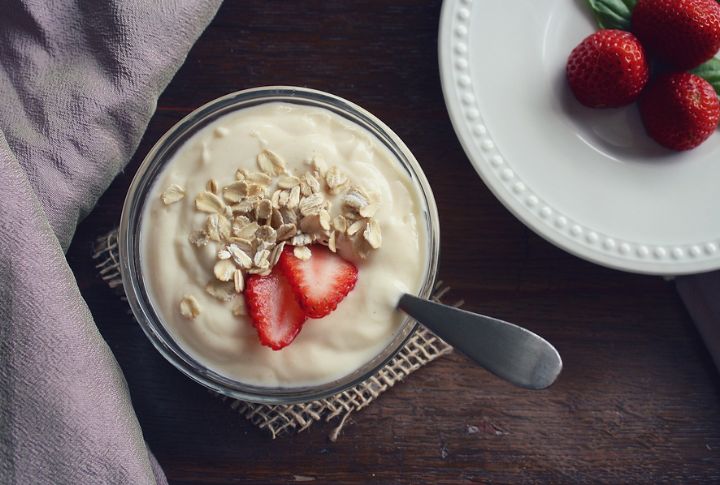
Here’s a fun fact: plain low-fat yogurt packs more potassium than a banana. One cup delivers over 500 mg, plus gut-friendly probiotics that keep things balanced. Creamy and cool, it’s just as good with fruit and granola as it is in savory sauces.
Coconut Water
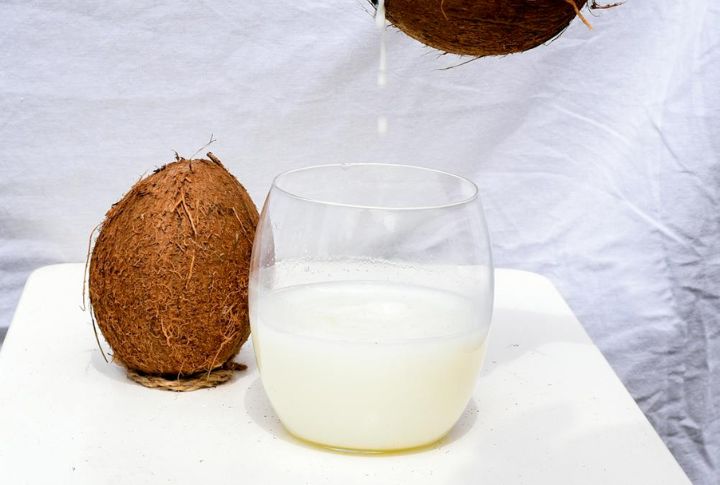
Refreshing and filled with over 600 mg of potassium per cup, coconut water is nature’s way of rehydrating. No wonder athletes love it. Just watch out for added sugar, and you’re free to enjoy it without much fuss.
Pomegranate Seeds
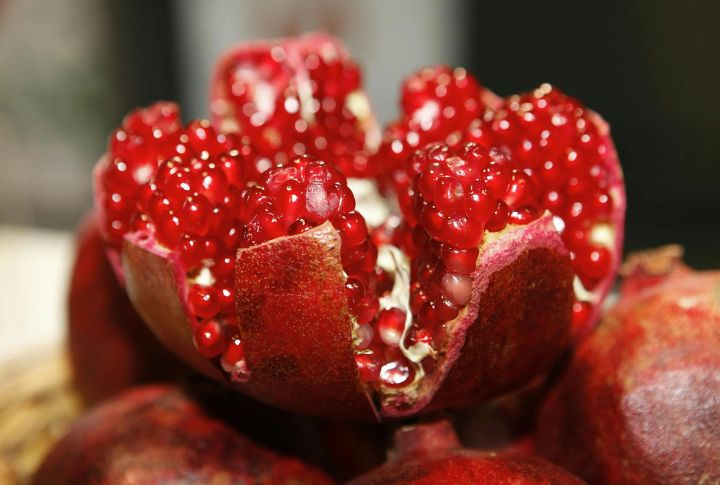
Pomegranate seeds bring the crunch and the nutrients—all in one tart little pop. Crack one open, and you’ll find antioxidant-rich gems with around 410 mg of potassium per cup. They’re also full of vitamins and fiber.
Clams
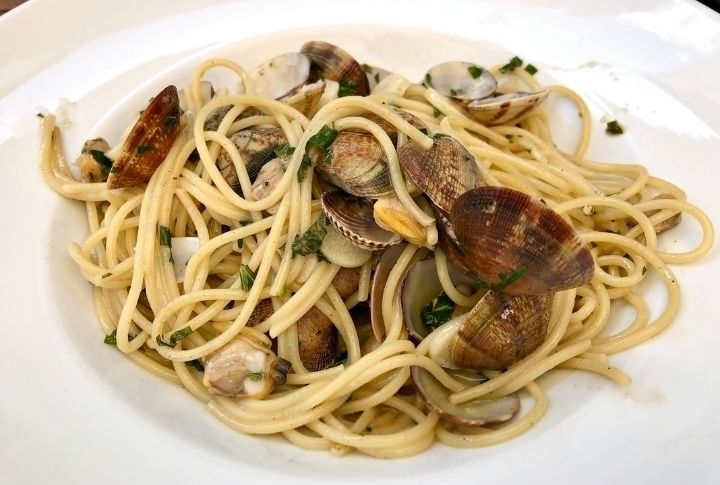
Canned clams may not grab attention, but they’re full of benefits. Offering over 500 mg of potassium in just three ounces, along with iron and B12, they enhance pasta or chowder with minimal fuss and big flavor.
Orange Juice
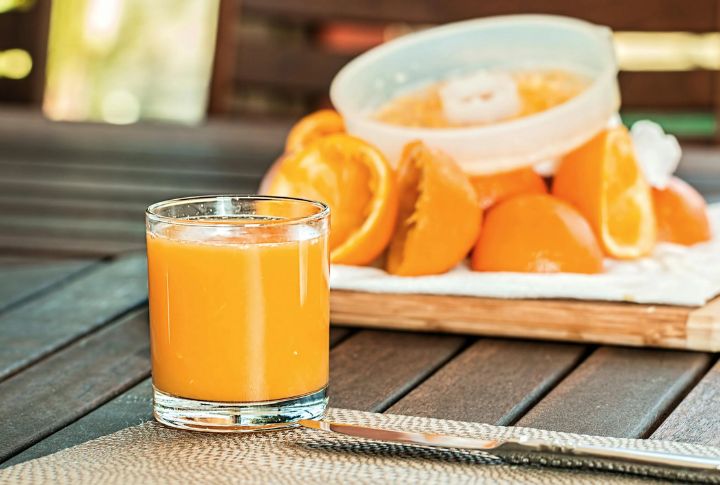
Stick with 100% juice to skip the added sugars, and you’ve got a nutrient-packed sip. Tangy and easy to work into your morning, orange juice still earns its spot at the breakfast table. One cup delivers nearly 500 mg of potassium.
Potatoes With Skin
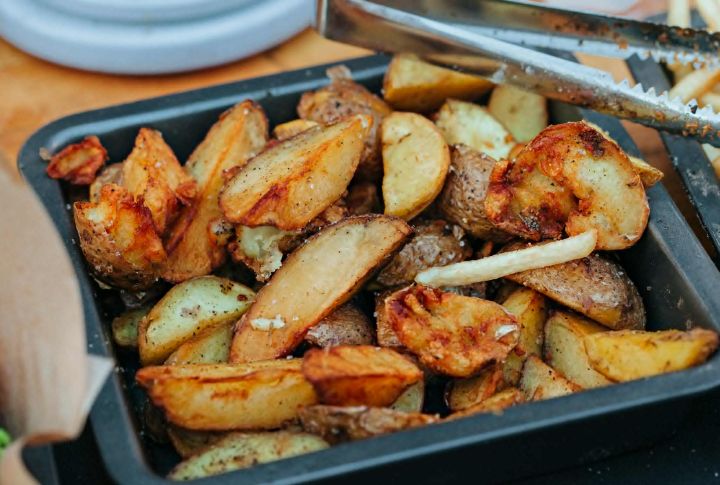
Keep the peel on, and a medium potato serves up over 900 mg of potassium. That skin holds the good stuff. You can either bake it or slice it into fries with just season and roast. This everyday staple does way more than people think.
Dried Apricots
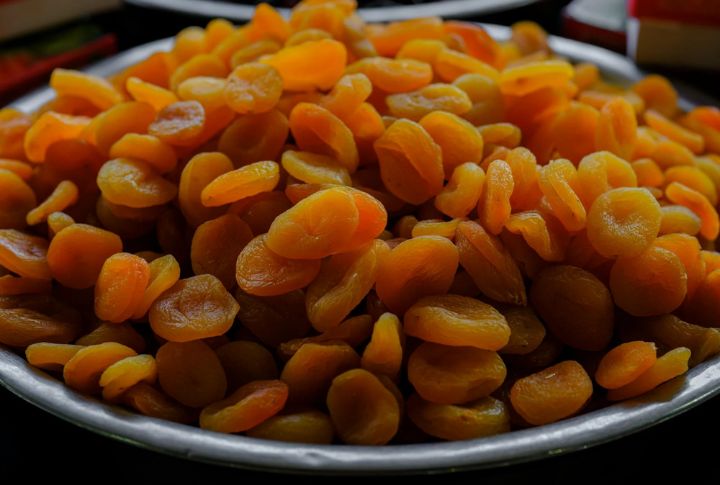
These little golden bites are potassium powerhouses. One cup of dried apricots contains over 1,000 mg, making them an easy snack on the go. Just keep in mind that dried fruit also concentrates the sugar, so moderation is key.
Acorn Squash
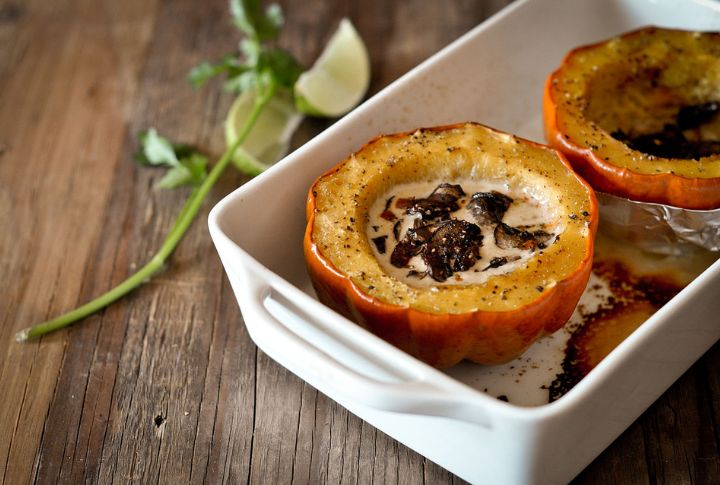
Once baked, acorn squash turns velvety soft, almost like dessert. It’s a cold-weather favorite that does more than just taste good. Each cup delivers nearly 900 mg of potassium. Plus, they taste heavenly with cinnamon.
Mushrooms

Savory and packed with about 445 mg of potassium per cooked cup, mushrooms are an easy way to sneak in extra nutrients. They’re also rich in antioxidants and support immune health, making them a great addition to any meal.
Bananas
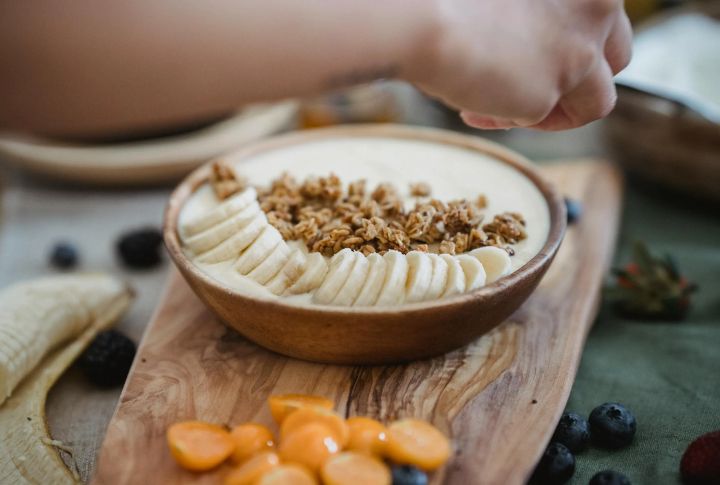
Bananas are definitely the most convenient potassium source. A medium one holds about 420 mg, and they’re ready to eat straight from the peel. Slice them over cereal or enjoy them as is. They’re simple and effective.
Leave a comment